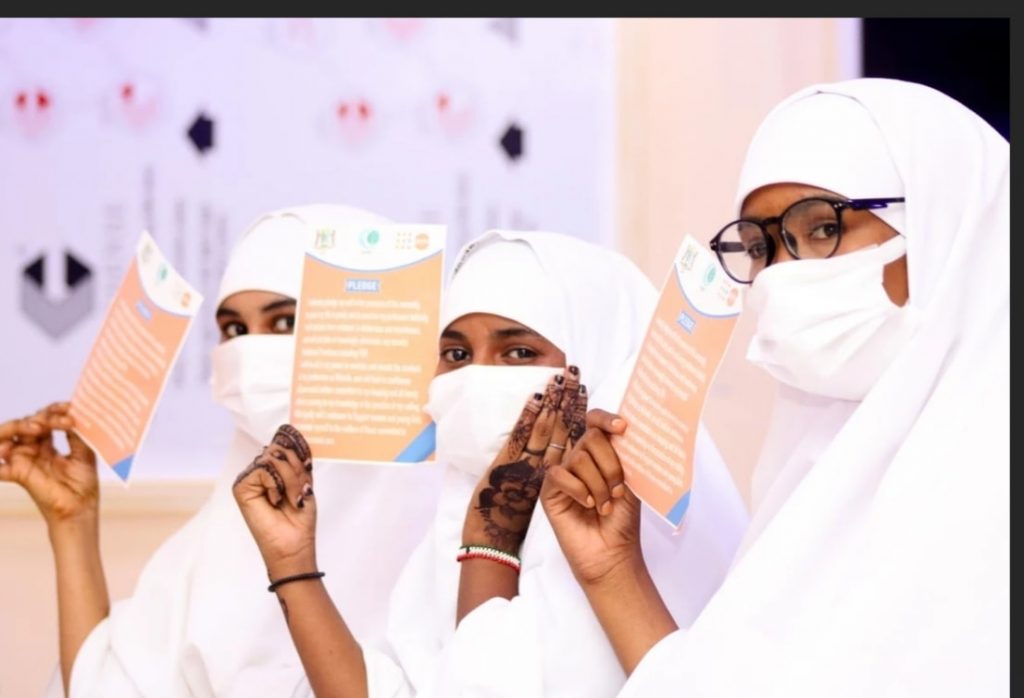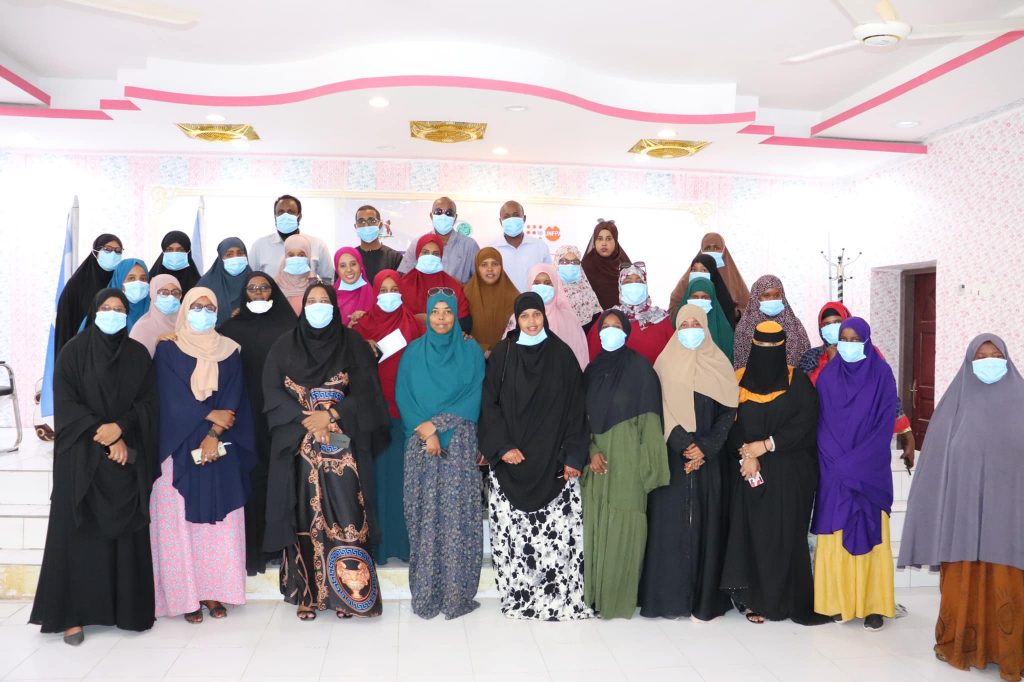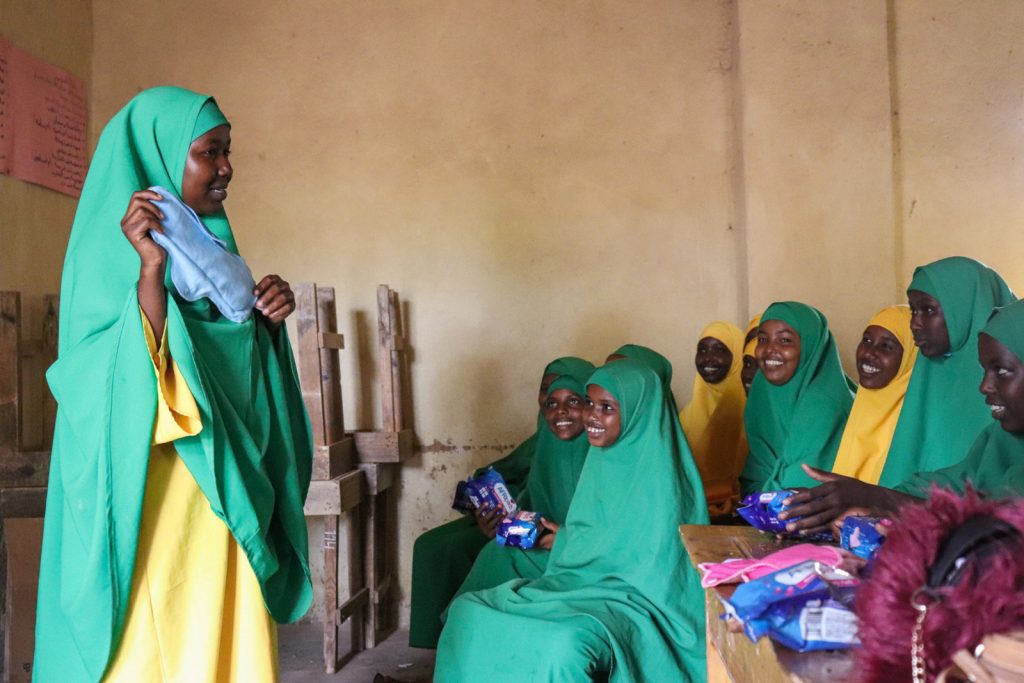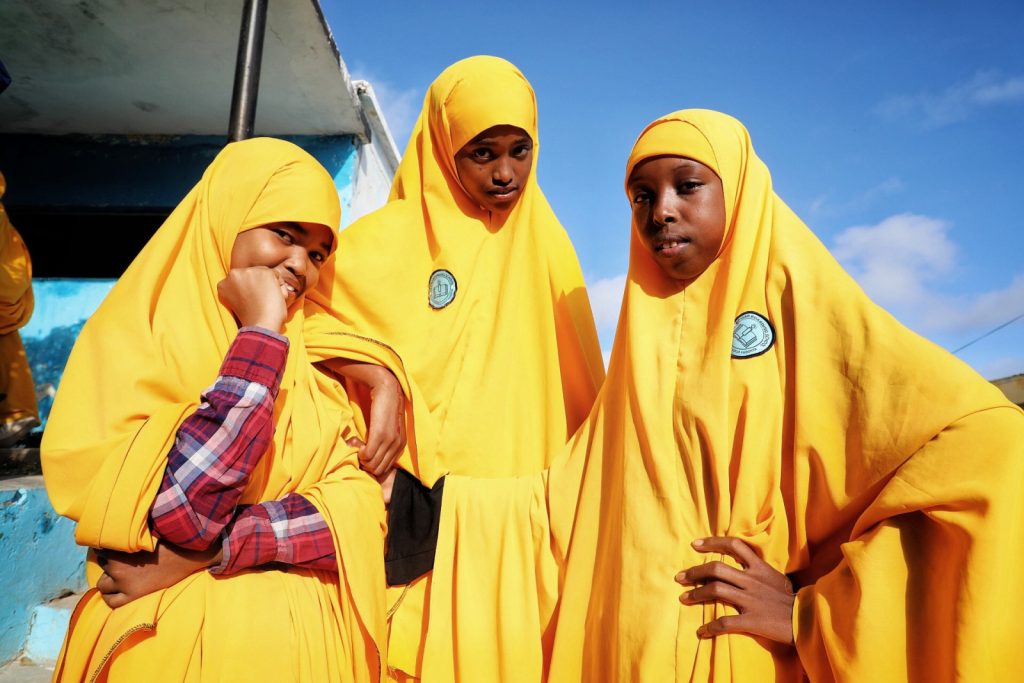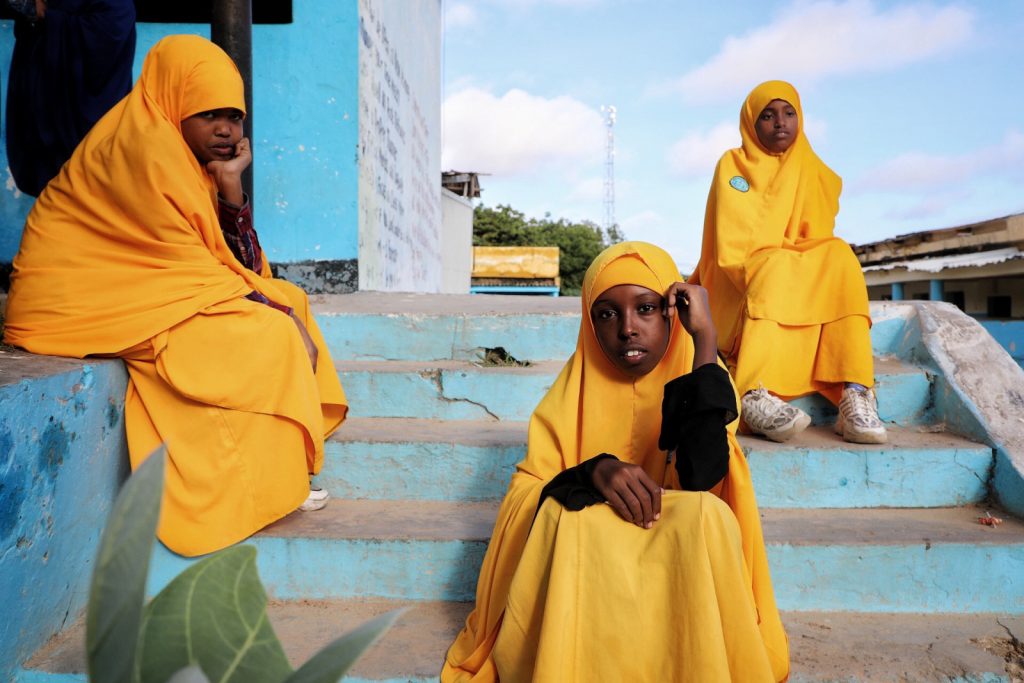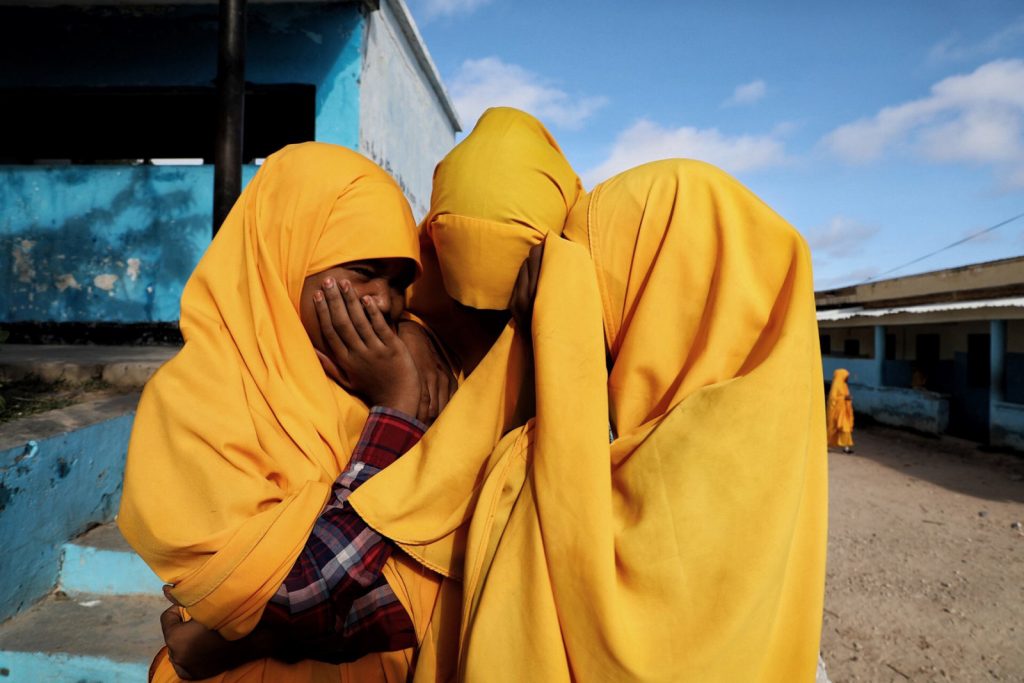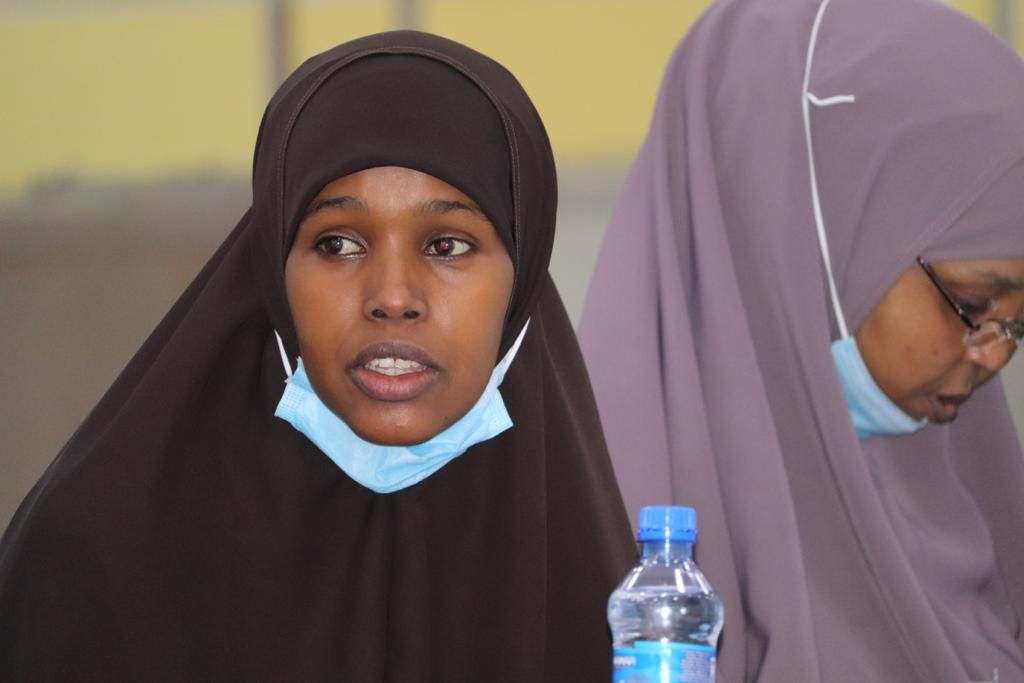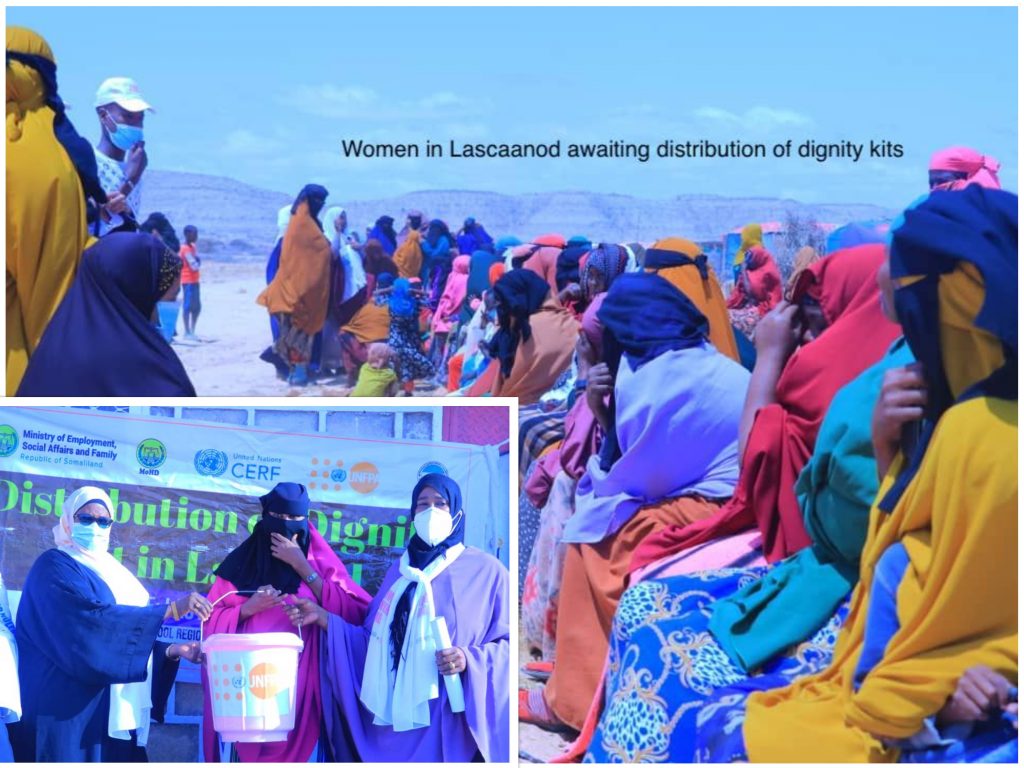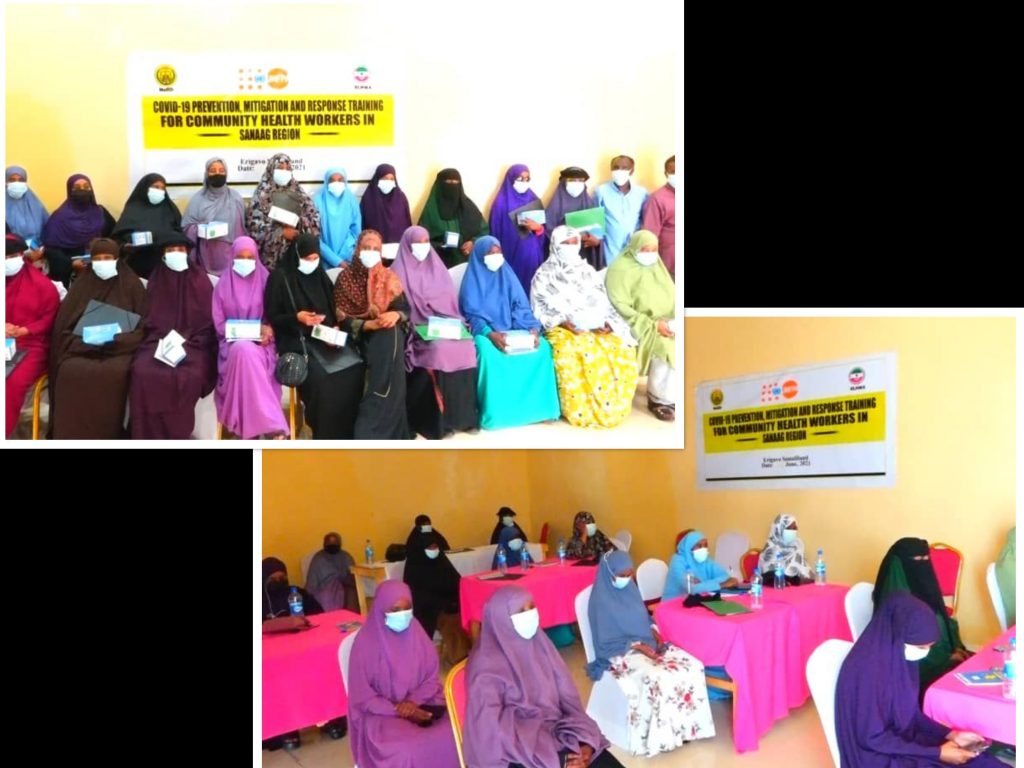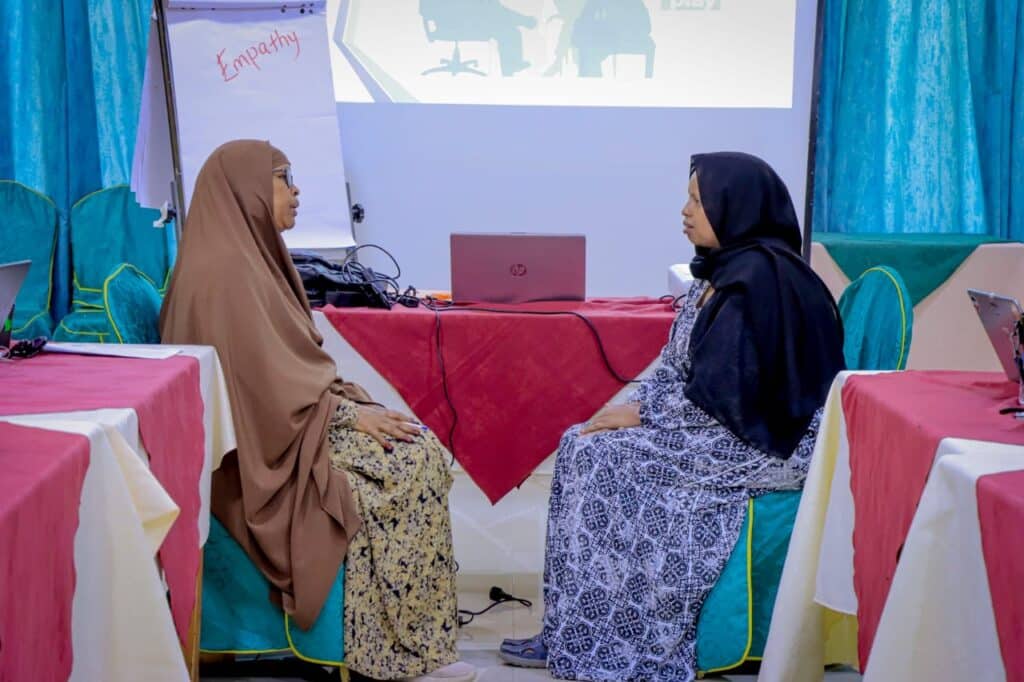
Strengthening Midwifery Education and Practice in Somalia (SMEPS) aims to reduce maternal mortality by addressing the critical shortage of skilled midwives in Somalia, Somaliland and Puntland through enhancement of midwifery education and practice, regulation and association strengthening.
SMEPS is a United Nations Population Fund (UNFPA)‑led collaboration between: CAM, the Somali Midwifery Association (SOMA), the Somaliland Nurses and Midwifery Association (SLNMA) and the Puntland Association of Midwives (PAM). It is supported by the Government of Canada through Global Affairs Canada. The project ran from 2020-2024 / March 2025
Project Goals
- Improving midwifery education by strengthening clinical skills, knowledge and practice of pre-and in-service midwives
- Promoting community advocacy by positively influencing gender equity norms concerning GBV, SRHR, consent and access to health care
- Developing midwifery leadership in the health sector by empowering professional midwifery associations in the Somali region
- Improving the ability of the Ministry of Health to manage and regulate midwifery education and practice, recognizing midwives’ associations’ technical expertise in the profession
- Utilizing technology to increase communities’ access to health care information, including developing a SRHR mobile app targeted at Somali youth in order to increase knowledge of sexual health and reproductive rights
Total Project Budget
10 million CAD
Highlights 2024
In 2024–2025, the SMEPS project advanced its core goals of strengthening midwifery education, improving regulation, and increasing access to quality, rights-based SRHR services. CAM and its partners trained 64 tutors, updated student assessment tools, and piloted supportive supervision to enhance teaching quality. The BARO mobile app, now endorsed and piloted with 175 youth, is being handed over to national authorities. Community outreach—including 11 dialogues and three mass media campaigns—amplified safe motherhood messaging. A refreshed MACAT 2.0 and localized digital curriculum repository mark critical progress toward nationally led, sustainable midwifery systems.
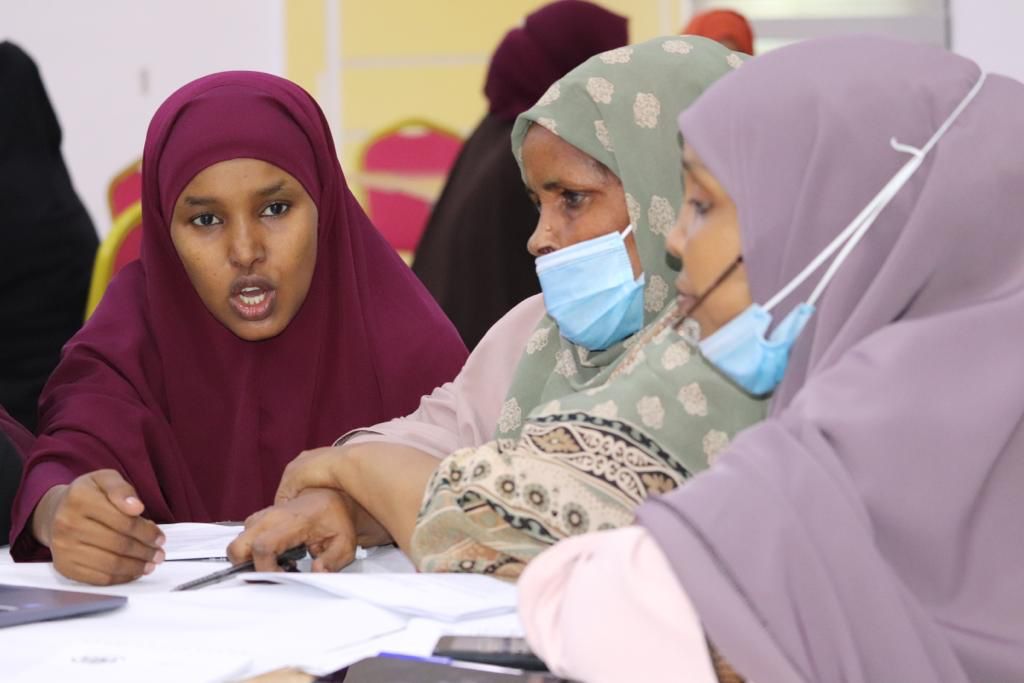
64 tutors trained and 6 student assessment workshops delivered to strengthen teaching capacity
MACAT 2.0 assessment launched to measure midwifery association growth and readiness for the future
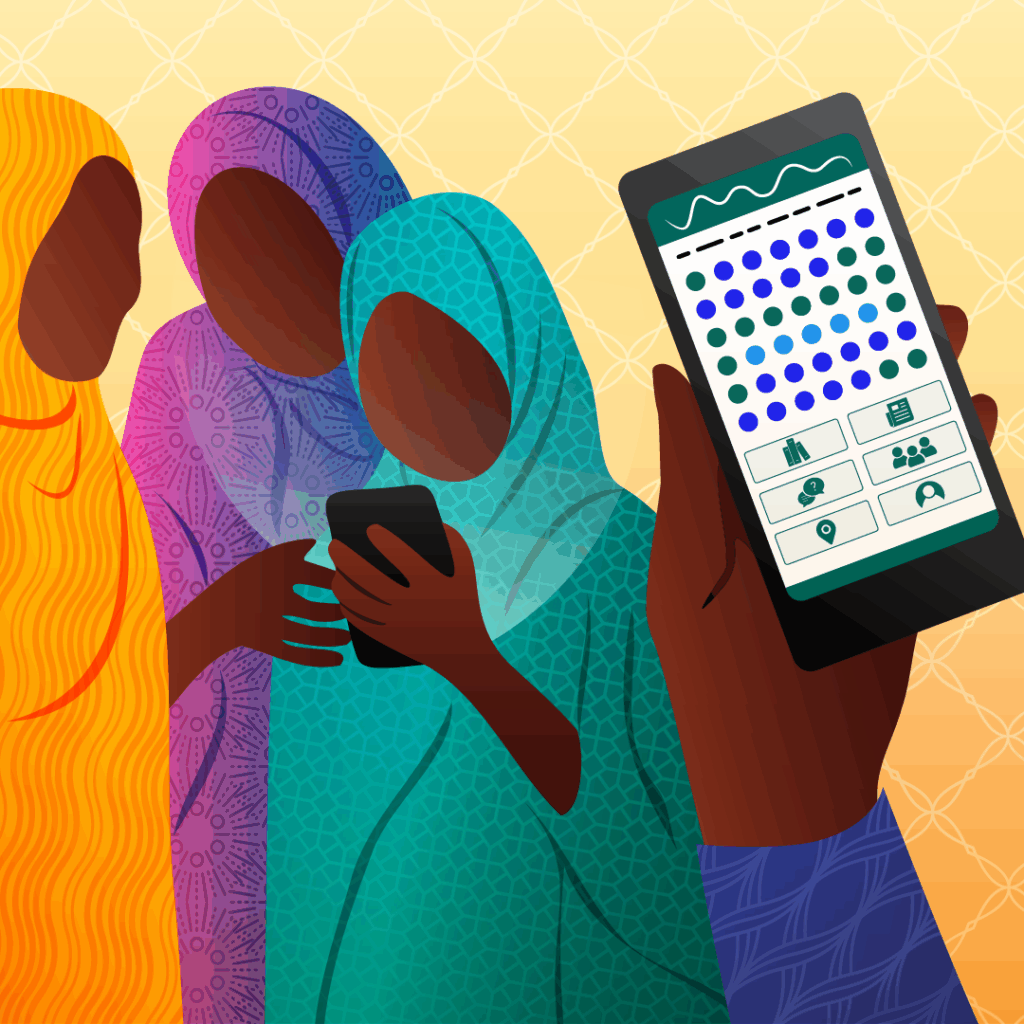
BARO mobile app piloted with 175 youth and officially launched in Somalia and Puntland; handover to MoHs underway
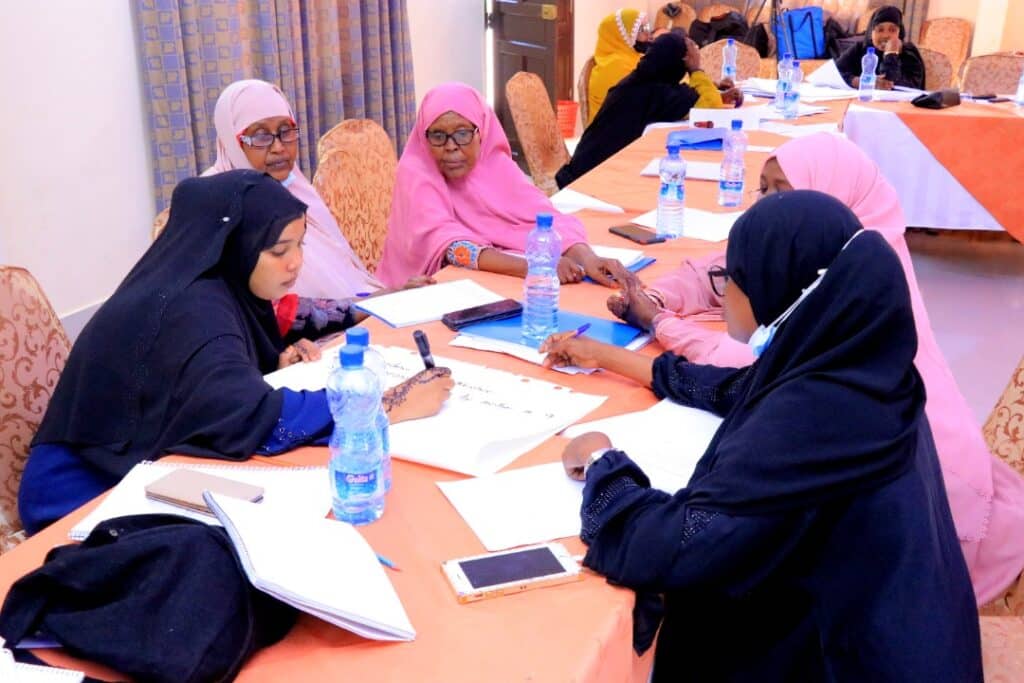
11 community dialogues and 3 mass media campaigns advanced nutrition and safe delivery with over 1M views on social media
Online midwifery curriculum repository updated and local associations trained to maintain it
